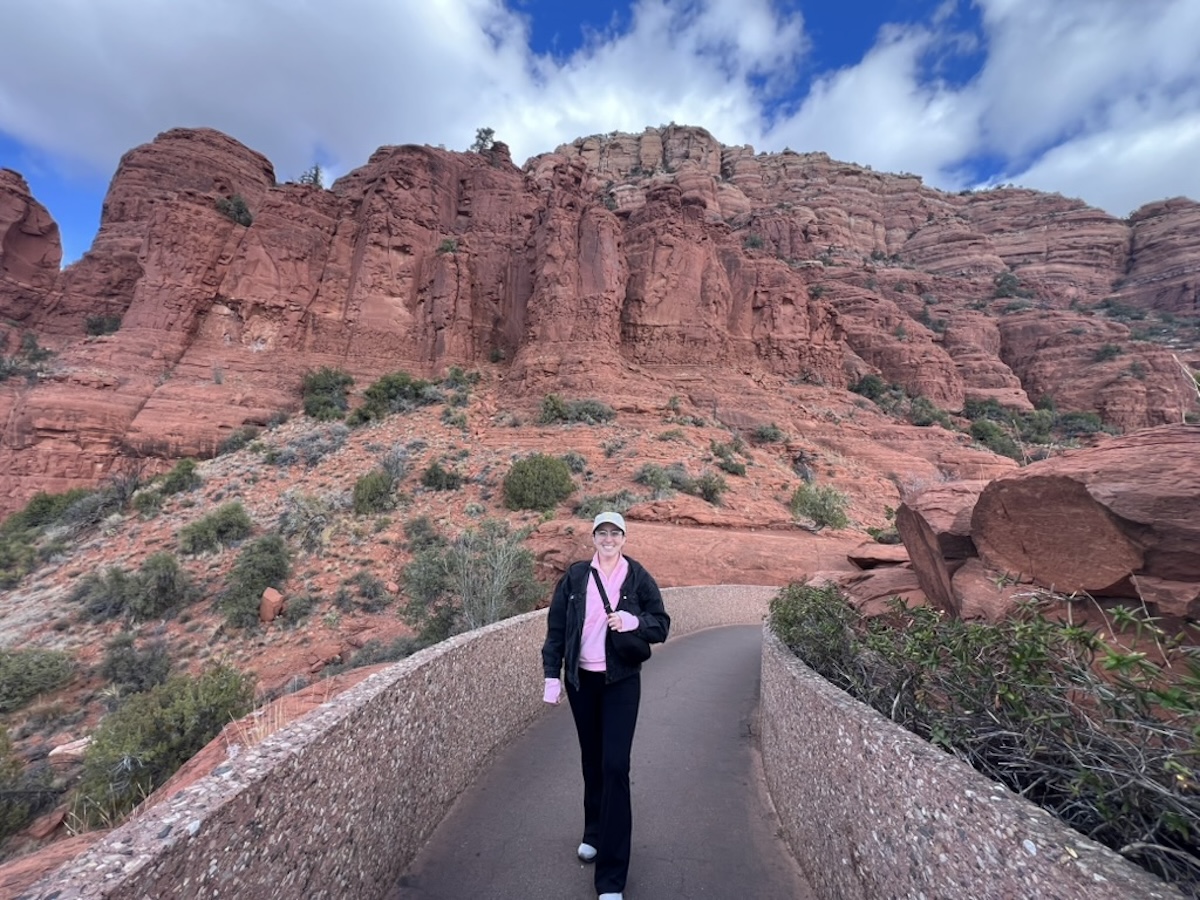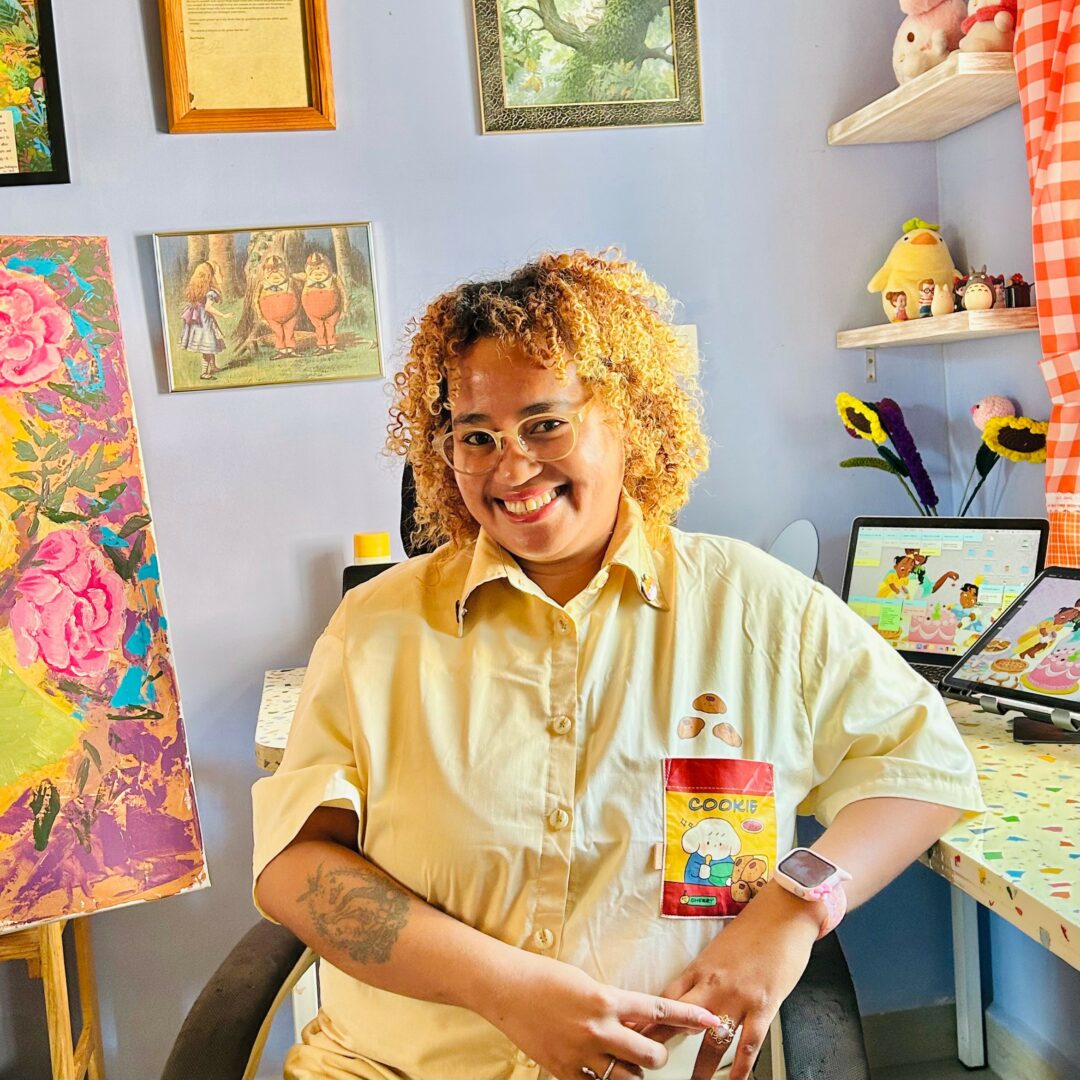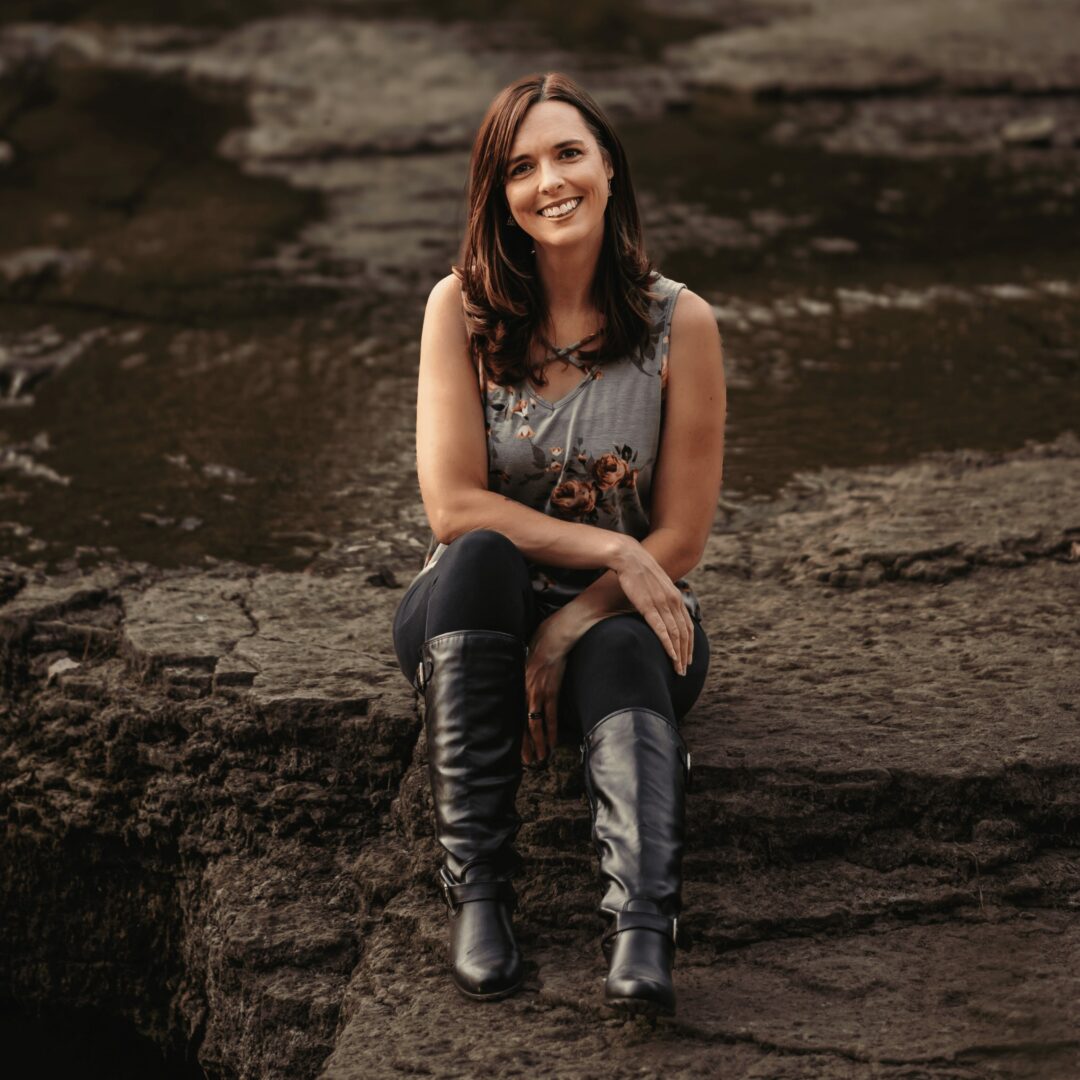Alright – so today we’ve got the honor of introducing you to Justin C. Schilling. We think you’ll enjoy our conversation, we’ve shared it below.
Justin C., so excited to have you with us today. So much we can chat about, but one of the questions we are most interested in is how you have managed to keep your creativity alive.
Keeping creativity alive is crucial in the acting industry! One thing I love to do is go to a coffee shop in NYC and just sit and observe people. Whoever catches my eye, I begin to sleuth out who they are. What is their “core” or in other words: what drives them every day? How are they feeling based on their mannerisms and expression? What’s their social class based on how they carry themselves and dress? How is their posture when they move or sit? Do they walk chest puffed or slunk around? All of this is a wonderful exercise to keep your creativity sharp for building characters.
I also dive into all sorts of media: I love to read books and plays (I seriously suggest this, as it engages your imagination). Watch movies and study other actors and actresses, especially ones you think play the roles that you fit. Even when I sit and play video games with what little down-time I have, I focus on how the voice actors deliver their lines so when I get my next VO audition I can enhance my own work.
And of course: train, train, train! Take classes. No matter how good you are, you can always get better. Find good teachers and surround yourself with other talented actors and actresses. Here are some book suggestions to get you started: “Acting Lions” by Penny Templeton, “Intent to Live” by Larry Moss, “To the Actor on the Technique of Acting” by Michael Chekov, “Respect for Acting” by Uta Hagen.

Appreciate the insights and wisdom. Before we dig deeper and ask you about the skills that matter and more, maybe you can tell our readers about yourself?
I am a professionally working actor and improviser based in NYC. I’ve been grinding in the business since 2014 when I made the jump at 27, so I am what you would consider a “late starting actor.” I hit the ground running and made my way up to NYC and was lucky to find a mentor in Penny Templeton. I trained vigorously to catch up while auditioning and acting in whatever I could get my hands on. I obtained the grit in how to hack it in the modern industry’s fast paced world. And luckily during that time, I was able to land representation around 2017 with Ingrid French, who has been a guiding light for me ever since.
I think the most exciting part about being an actor is telling stories that make an impact or entertain people. But what’s really cool is exploring and learning more about who I am through the characters I portray. Sometimes they’re like me, a lot of times they’re completely different. But with every role, I walk away with some kind of new perspective, life lesson, or valuable insight into what makes me (or other people) tick. I always found the human condition fascinating, and that’s what acting is all about!
Career highlights include:
Blue Bloods (S14, E10), Cedric & Alysia (AppleTV, Prime, TUBI), Hostage House (NETFLIX), Great Kills (S1, E2).
Fun Fact: I also have been working with acclaimed comedy company Face Off Unlimited in BATSU!’s NYC cast as an improviser and tech in the East Village. You should come check us out sometime!

Looking back, what do you think were the three qualities, skills, or areas of knowledge that were most impactful in your journey? What advice do you have for folks who are early in their journey in terms of how they can best develop or improve on these?
1. I think the most important thing to keep in mind when you are starting out early is that you need to learn how to fail in order to succeed. Cliché, but very true. Honestly, not getting roles has been something of a blessing for me. As disheartening as it is, it’s important to develop a thick skin. And trust me, I still struggle not to feel in a business where it’s our job to do so. But I promise it’s (usually) not you. It generally always comes down to a decision that has nothing to do with your talent, so keep moving!
Here’s a tip I heard from Bryan Cranston: Take that audition script and throw it in a basket that you clean once at the end of the month. If you get a call-back, go to that basket and find those sides and you’re one step ahead of the game because it’s all prepped!
“Audition, don’t sweat it. Go home, forget it.”
2. Script prep is so valuable. I break down every single side I get for an audition. Every single job I book, I break down that script. This is a basic tool we learn early in our trade, but a lot of actors will drop when they get seasoned. Even if you never look at those notes again, I think it still helps flesh ideas out and engrain it in your body when starting to work on a new role.
It’s important to know why your role is part of the story. For example: if you’re a co-star (u5) in a television show, you should be able to recognize that you’re there to help move the story for other major characters and don’t need to make it so intricate. But if you’re a bigger part, your role is more impactful, so you have to figure out why the writer put you there and your job becomes a heavier lift.
Read the script once just to take in the story. Then read the script again and look for clues as to why your character does what they do and how they are around certain characters versus others. Highlight things that other characters say about yours when you aren’t in the scene cause it also helps you flesh out what your character is about. Afterwards, read the script a third time and really dive in! Break down each driving question, beat, action, tactic, etc. That way, when you’re on set and doing the job, you can let it all go because it’s all in your body.
3. Something I try to do is learn other skills that don’t pertain to acting. I actually have an information systems associates degree (tech-jargon? No problem!). In my theme park days I was blessed to work with animal trainers and practiced positive reinforcement with animal training! This comes in handy for roles that require working with dogs and other animals on set. I even learned how to DJ and set up audio equipment awhile back, which I now use consistently as a tech at the theater for BATSU!
Learn history, learn sports or politics, learn anything and everything you can! ‘Cause you never know when an audition, role, or even some period piece hits your desk and having that prior knowledge will always help.

What would you advise – going all in on your strengths or investing on areas where you aren’t as strong to be more well-rounded?
I think that it’s important to recognize what our strengths are and how to utilize them for our benefit while still investing time to grow in areas where we can improve. I truly believe that acting isn’t something that’s mastered, and the greats recognize that too. That’s why it’s important to take acting classes at all stages in our career regularly. It helps to have a trusted eye to help keep you sharp in your craft.
When starting out: lean into your strengths. If you fit a certain type, I think it’s okay to embrace it. Too many times I see newer actors and actresses try to apply for everything they can because they say they can play any role. I fell into that trap too. But when I learned to be more specific and pinpoint how I fit in the industry, things really began to click. It’s important to know how the casting directors will see you to get in the room and on their radar.
If you’re really adamant on showing sides of you that you don’t appear as upon first glance, I suggest you find a short scene or side that shows that and have it on your website or materials. That way if a casting director really takes notice of you and wants to explore more about who you are, they’ll see you have that range at their own leisure. I also suggest having a trusted coach help mold it so it works in your favor and not against you.
One last tip: If you get an audition for a show that’s been on the air, watch at least one episode of that show before you submit. If you’re not familiar with it, casting will pick up on that in a heartbeat when they watch you. You need to fit into the world they’re casting for! If you do your homework, even if you don’t land that particular role you were called in for, I promise casting directors will remember you if you nailed the vibe they’re looking for. Your goal is to book the room, not the role! That way you get more opportunities to be called in if a casting office really likes you. The truth is, it really does become a numbers game. It took me several tries to get on Blue Bloods.
Break legs out there!
Contact Info:
- Website: https://www.justinCschilling.com
- Instagram: @justinCschilling
- Facebook: @justinCschilling
- Youtube: https://vimeo.com/511329432
- Other: BATSU!
www.batsulive.com
@BATSULIVE






Image Credits
1. Sub/Urban Photography
2. BTS on set for Blue Bloods.
3. NPH spends his 51st birthday at BATSU!
4. Sub/Urban
5. Hostage House (w/Emily Sweet)
6. Accendium Studios (Cedric & Alysia)
7. BTS w/Anthony Misiano
8. BTS w/Jeffrey Roth
9. Alexander August
so if you or someone you know deserves recognition please let us know here.




